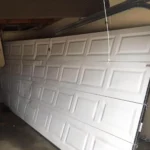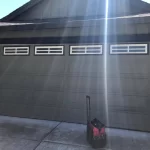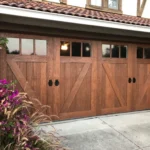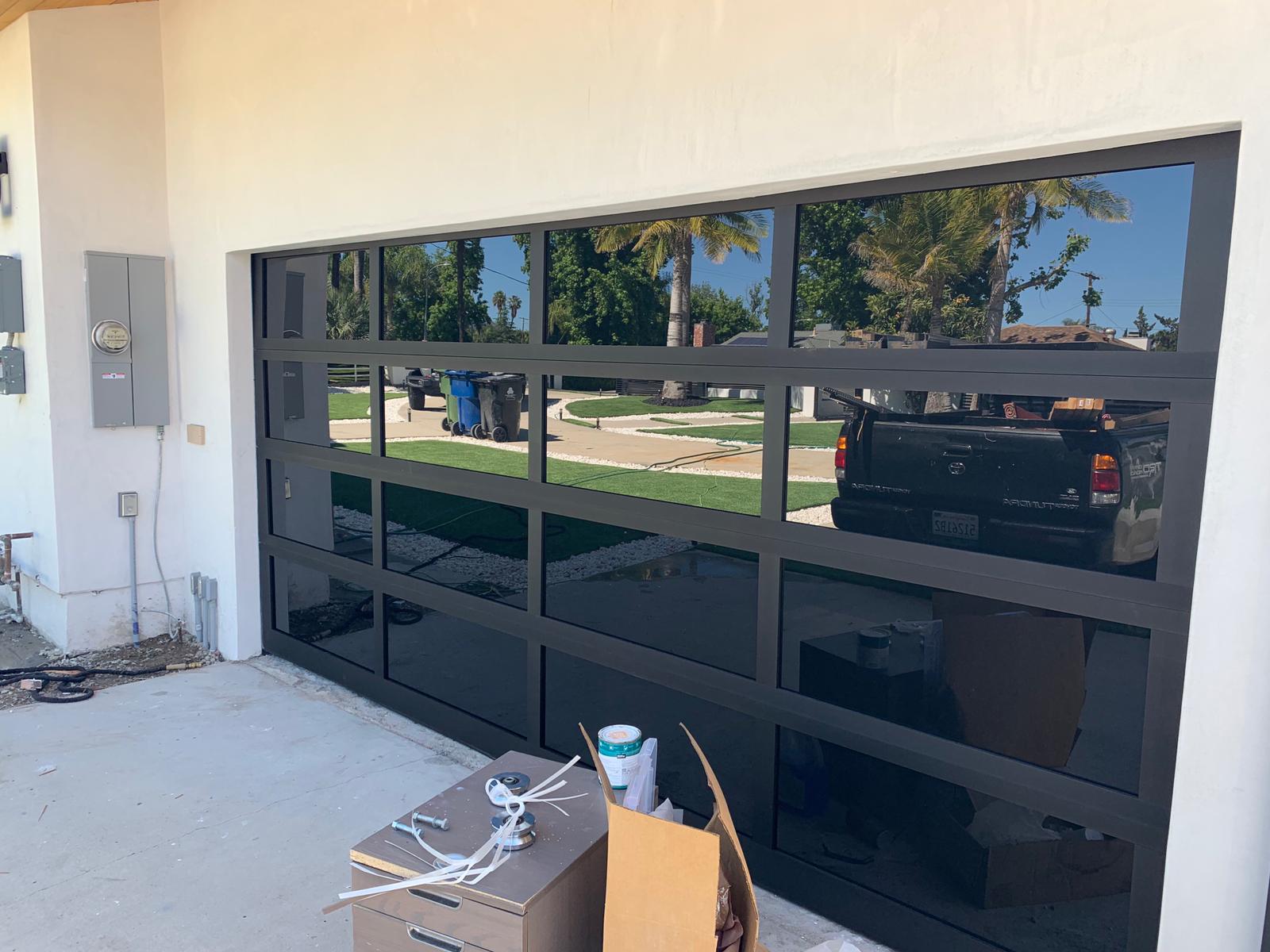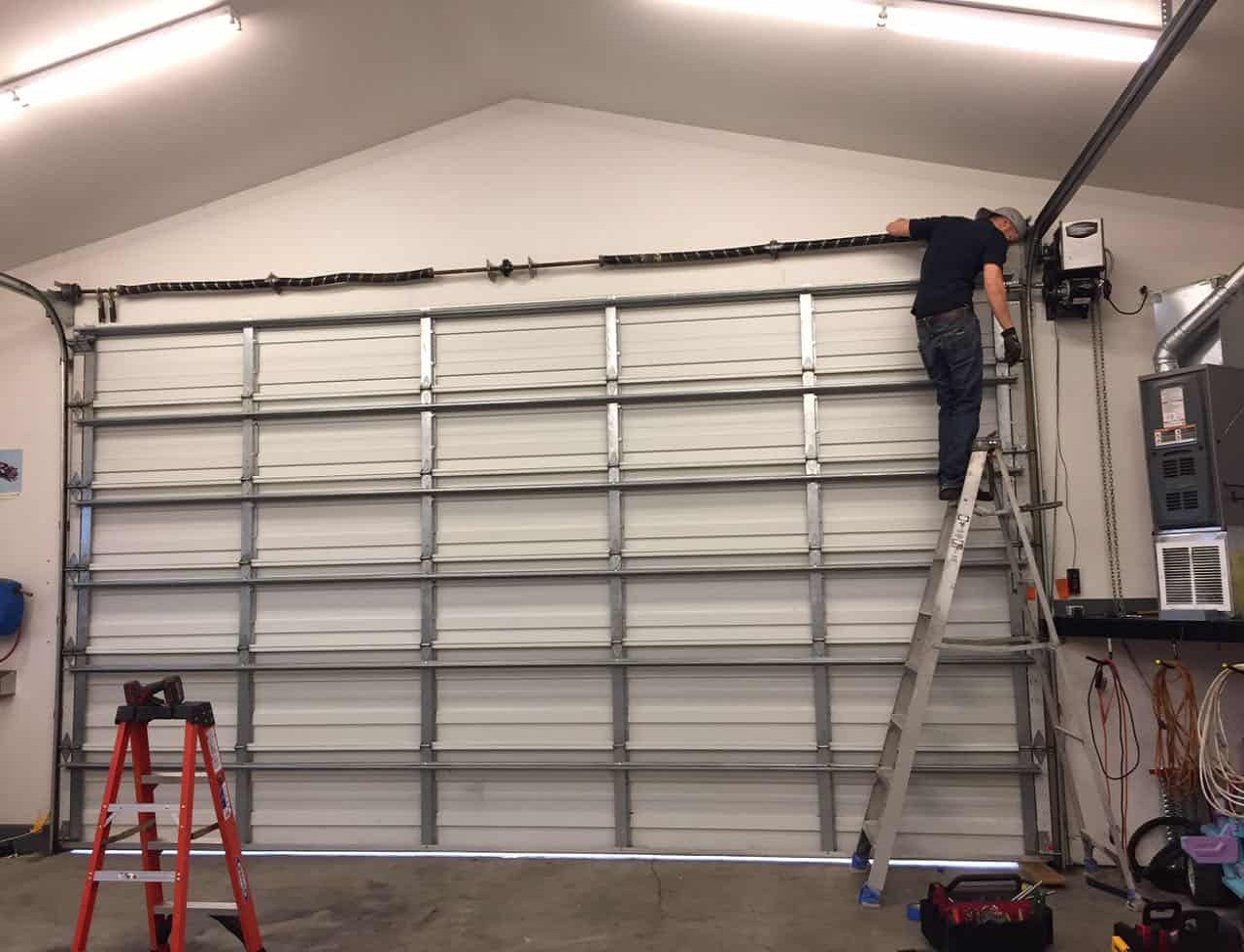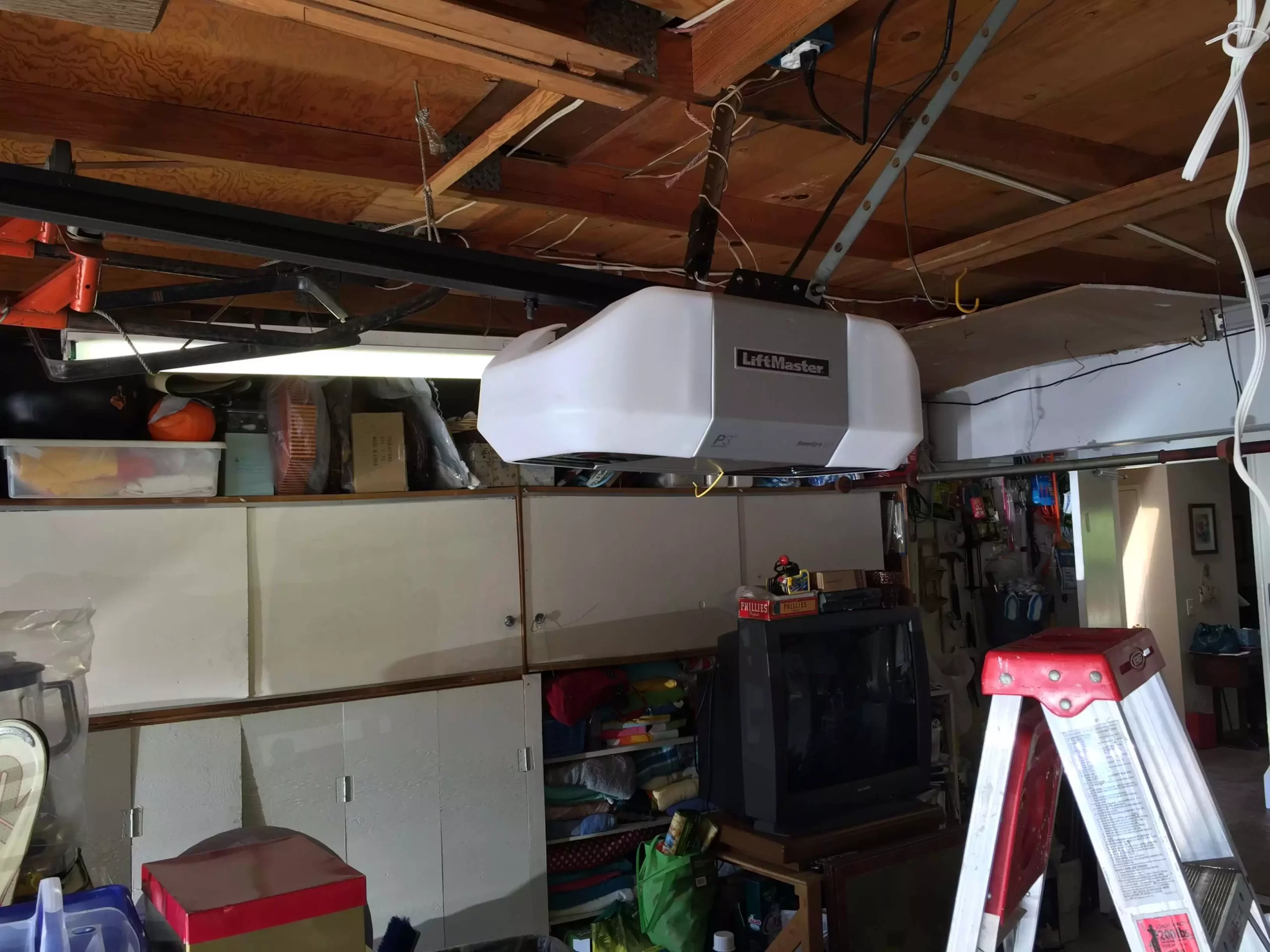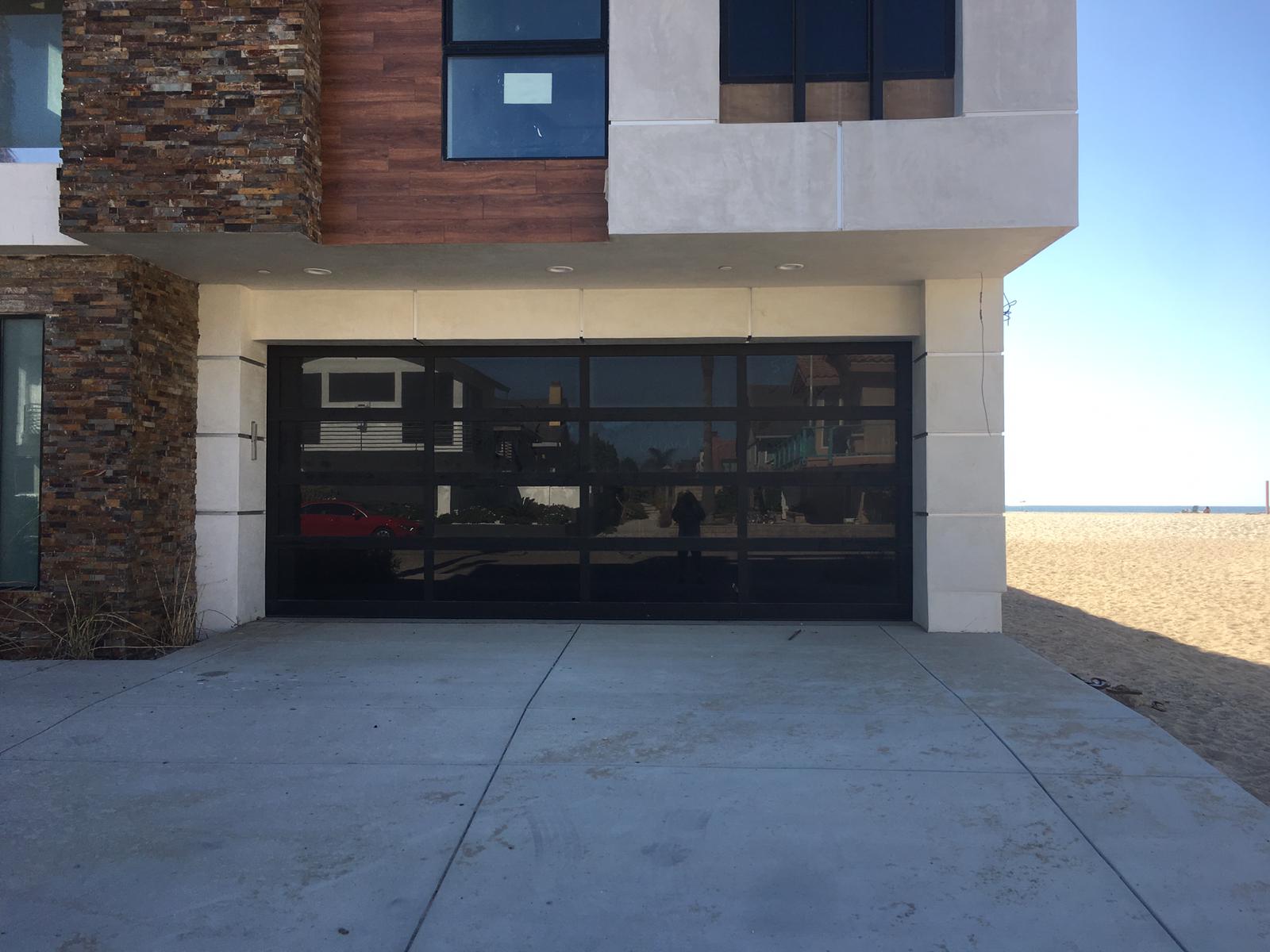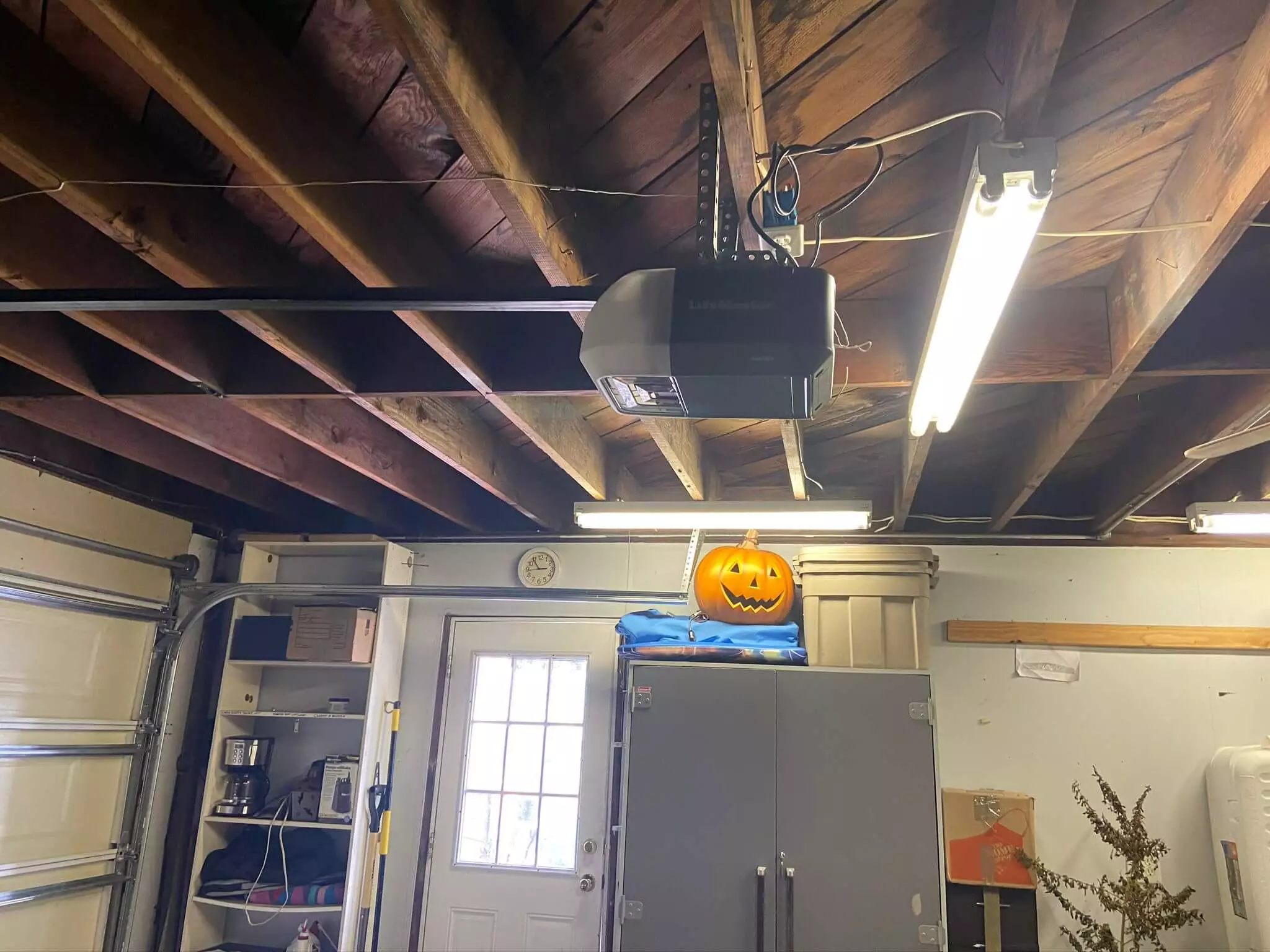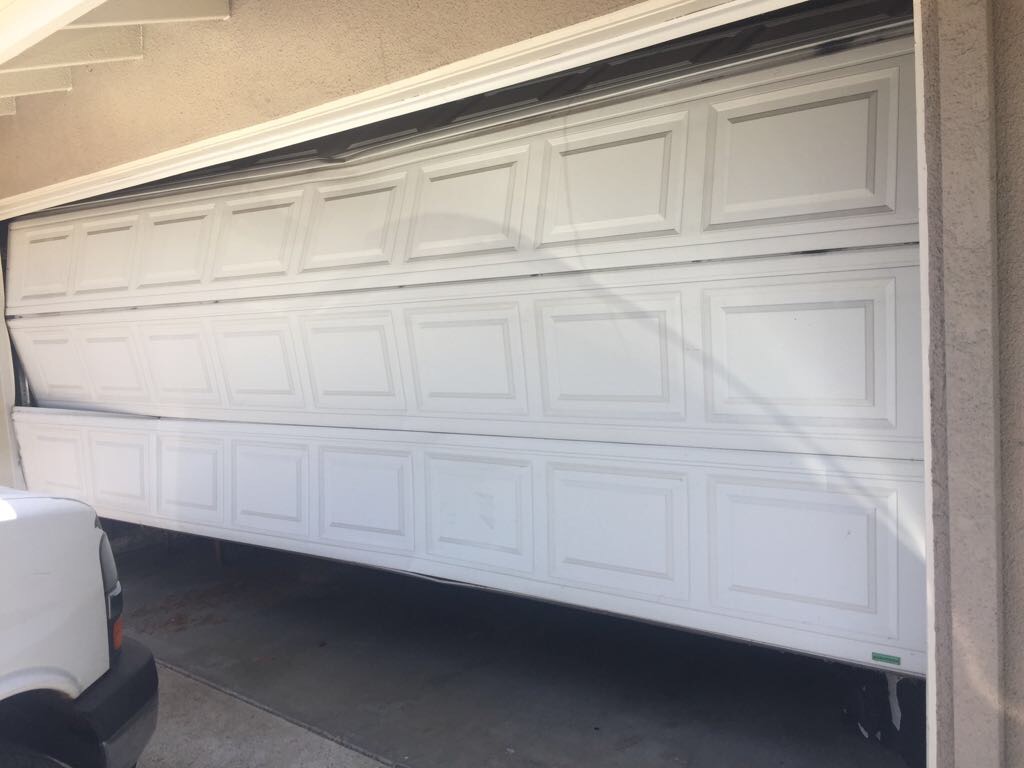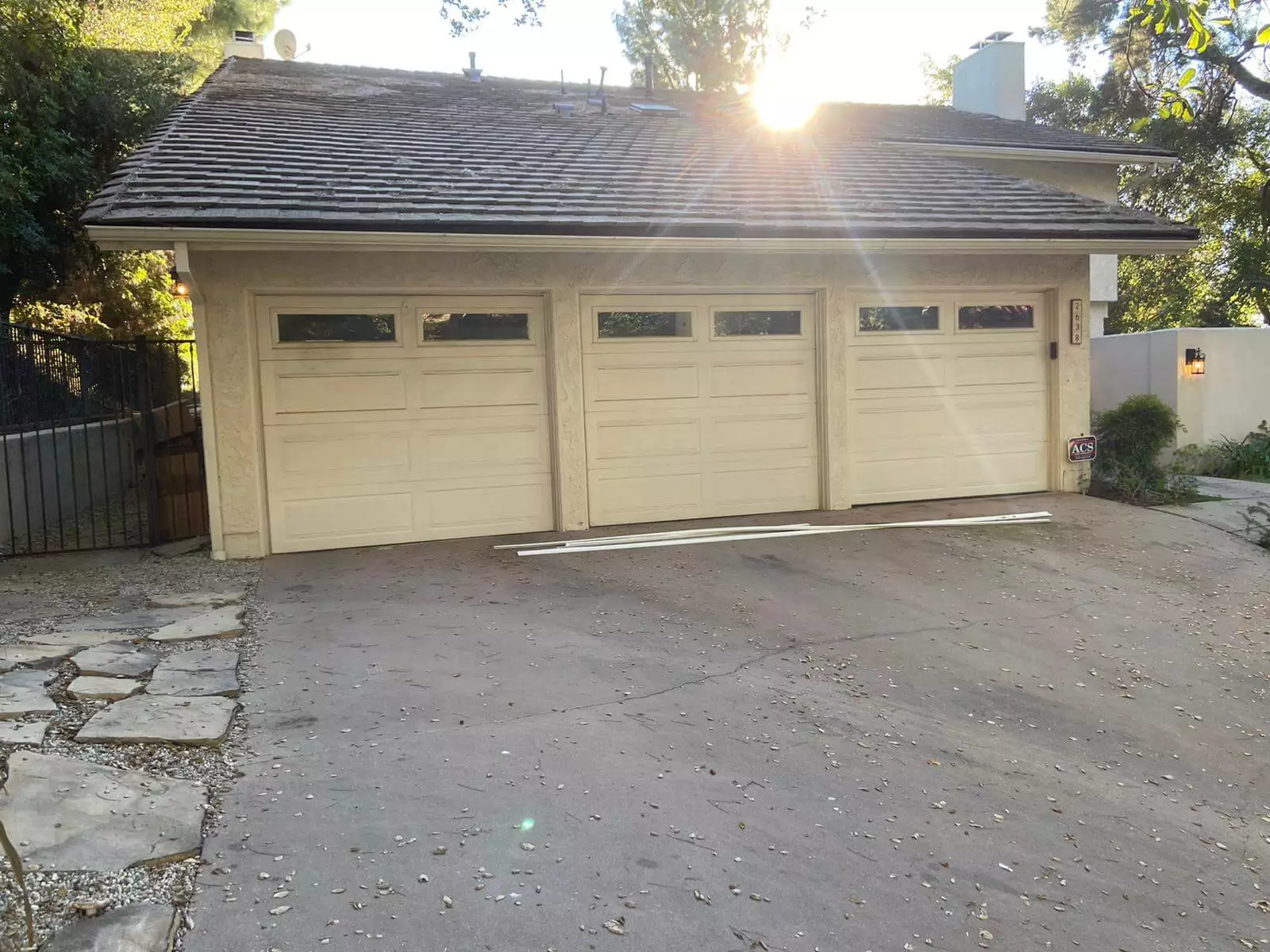One of the most annoying issues a garage door can develop is becoming excessively loud, whether it’s squeaking, creaking, grinding or some other unpleasant racket. Not only is a noisy door irritating to listen to when operating it, but it could also be a sign of an underlying problem that requires attention. Rather than ignoring it and hoping it goes away, the best solution is to diagnose the source of the noise and make the necessary repairs. With some basic troubleshooting, you may even be able to fix it yourself and save a service call to Garage Door Repair in Smithfield.
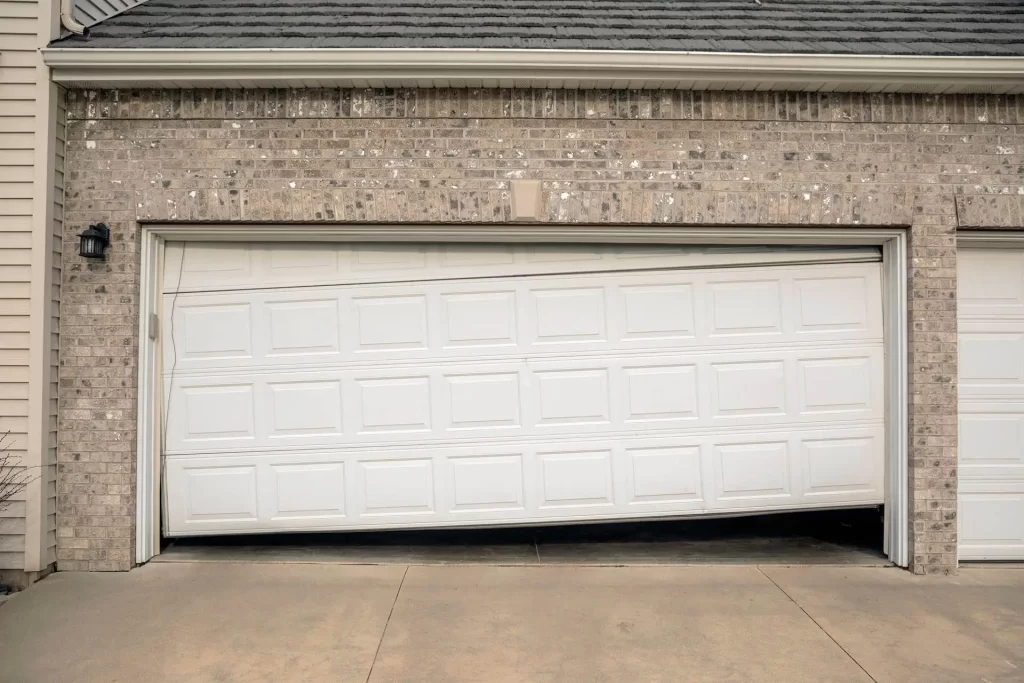
Content
Locate Where the Noise is Coming From
The first step is to open and close the garage door slowly while listening closely to pinpoint exactly where the sounds are originating. Pay attention to any moving parts like hinges, tracks, springs or rollers. Isolate the specific area by gently applying pressure with your hand as you operate it. This helps narrow down potential issues.
Check Hardware and Rollers
Noisy hardware and rollers are one of the most common culprits. Inspect all hinges, brackets and mounting points for signs of wear, loose fasteners or cracked welds that could cause rattling. Also examine the rollers rolling along the tracks – they may need cleaning, lubrication or replacing if flat-spotted or damaged. Apply a lubricant like white lithium grease to reduce friction.
Inspect Tracks For Debris and Alignment
Make sure the tracks the rollers ride in are clean and clear of debris that could cause scraping noises. Remove any dirt, sand or rust buildup using a wire brush. Also check if the tracks are level and properly aligned – they may need adjusting if misaligned or bowed, causing contact points. Hang a plumb bob from the center of the door during operation to test track straightness.
Check Springs and Cables
If the noise occurs during opening or closing cycles, look into the condition of the door springs. Creaking could mean they need more lubrication. Broken or worn springs will require replacement. The door cables attached to the springs are another potential culprit, especially if frayed or corroded. Replace any defective cables to rule them out.
Inspect Weatherstripping and Adjustment
Check that weatherstripping around the perimeter remains intact, well-sealed and not causing drag points. For squeaking specifically, the culprit is often poorly adjusted or inserted weatherstripping. Readjust the seals if contacting the door intermittently during operation. Ensure a smooth, consistent seal all around when closed.
Tighten or Replace Loose Hardware
Pay attention to any hardware that has slightly loosened over time from constant use. Look for brackets, hinges, rollers or springs that may need tightening. Tap components with a hammer to identify loose connections that can be rattling. Replace rather than retightening if parts are damaged, stripped or corroded.
Lubricate All Moving Parts
Once inspections are complete, apply lubricant to any point of friction identified as a potential source of noise. White lithium grease is ideal as it penetrates corrosion and doesn’t pick up dirt as quickly as other lubricants. Grease up springs, rollers, hinges, bearings and any connector points to eliminate squeaks and reduce wear long term.
Consider a professional service call
If none of the above troubleshooting identifies or fixes persistent noises, it may indicate deeper issues requiring professional repairs beyond DIY abilities, like structural track damage or a faulty motor/opener component. In those cases, Garage Door Repair in Smithfield can fully diagnose your specific door’s mechanisms and handle necessary repairs promptly.
With diligent inspection of each garage door part and system, persistent noises can usually be eliminated. Don’t let the annoyance persist when simple fixes may do the trick. Routine maintenance also prevents future trouble, ensuring years of smooth, quiet operation to come.

Tom’s blog is your passport to adventure. If you’ve got an itch for travel and a love for the road, join him in exploring new horizons. His writing is the ultimate road trip planner and companion.

